The rise of cars with self-driving capabilities has created numerous opportunities for technology firms to break into the automotive industry.
Now the world’s biggest smartphone producer has bet more than half a billion US dollars that it can become a market leader in autonomous vehicles – and we’re not talking about Apple.
The firm in question is Samsung Electronics, which had a 19% share of the smartphone market last year, compared with Apple’s 14%. To put that into context, the Korean firm makes 44,000 smartphones an hour, and sells more than 660 million connected devices a year.
Autonomous Jaguar I-Pace cars to hit roads as part of Google deal
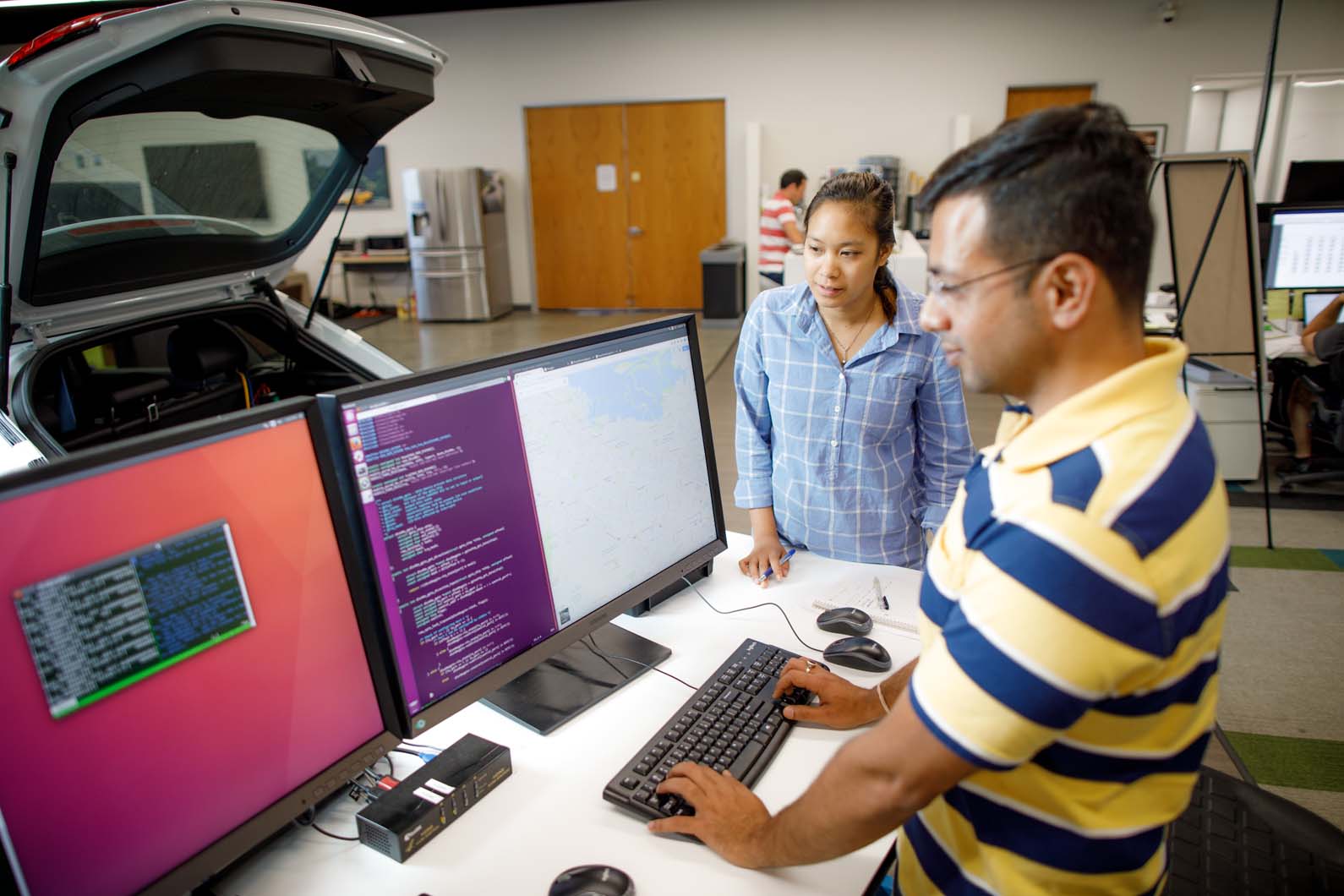
Samsung Electronics has been quietly building up its involvement in autonomous and advanced driver assistance systems (ADAS) technology through its Silicon Valley- based Strategy and Innovation Centre.
According to Dave Anderson, the centre’s director of technology for smart machines, the business unit is tasked with “investing in the next generation of technology”. He added: “The hottest thing going on right now in Silicon Valley is self-driving cars, and anything related to them.”
Crucially, Samsung has no aspirations to build its own cars, as rival Apple once did. Instead, its efforts are focused on a software- and hardware- based open platform called Drvline, designed to make Samsung a ‘go-to partner’ for manufacturers that want to develop autonomous cars.
In the past 21 months, about 1000 engineers across Samsung and Harman, the car technology subsidiary it bought in 2017 for $8 billion, have begun working on autonomous systems. The firm has spent around £70 million on the creation of a framework for an autonomous driving platform, and is investing in companies building innovative autonomous systems. A further £100m has been devoted to early seed funding to build up what Anderson called “an ecosystem of partners”, working in five areas: next- generation computers, sensors, software, communications and user experience.


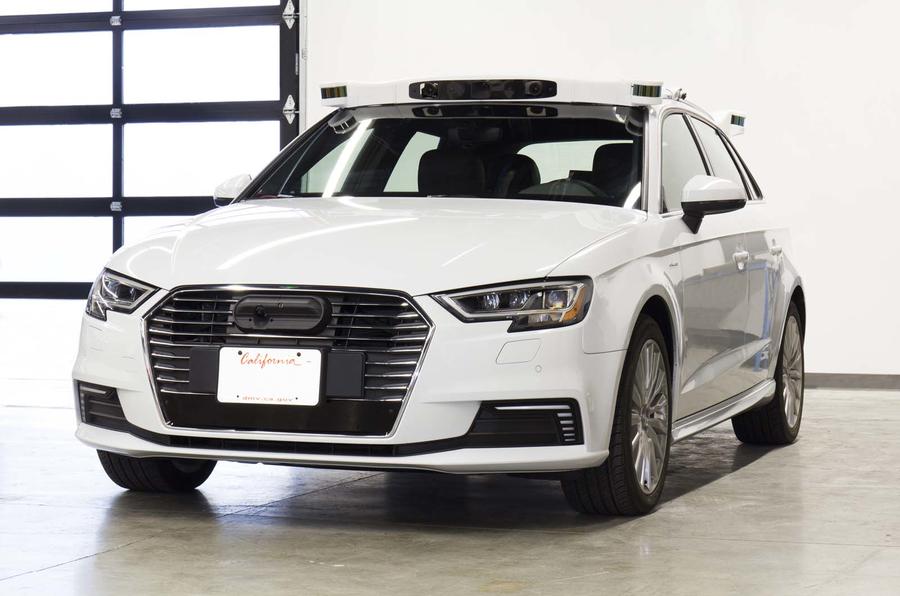

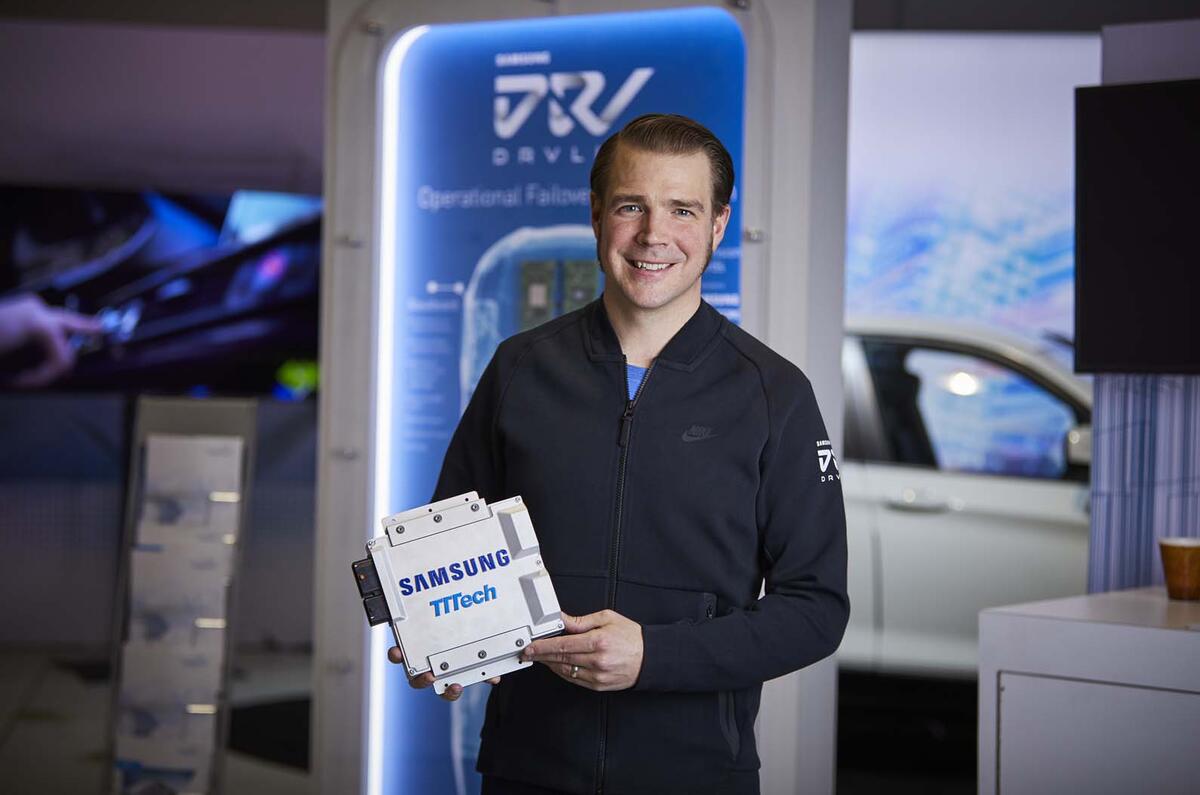

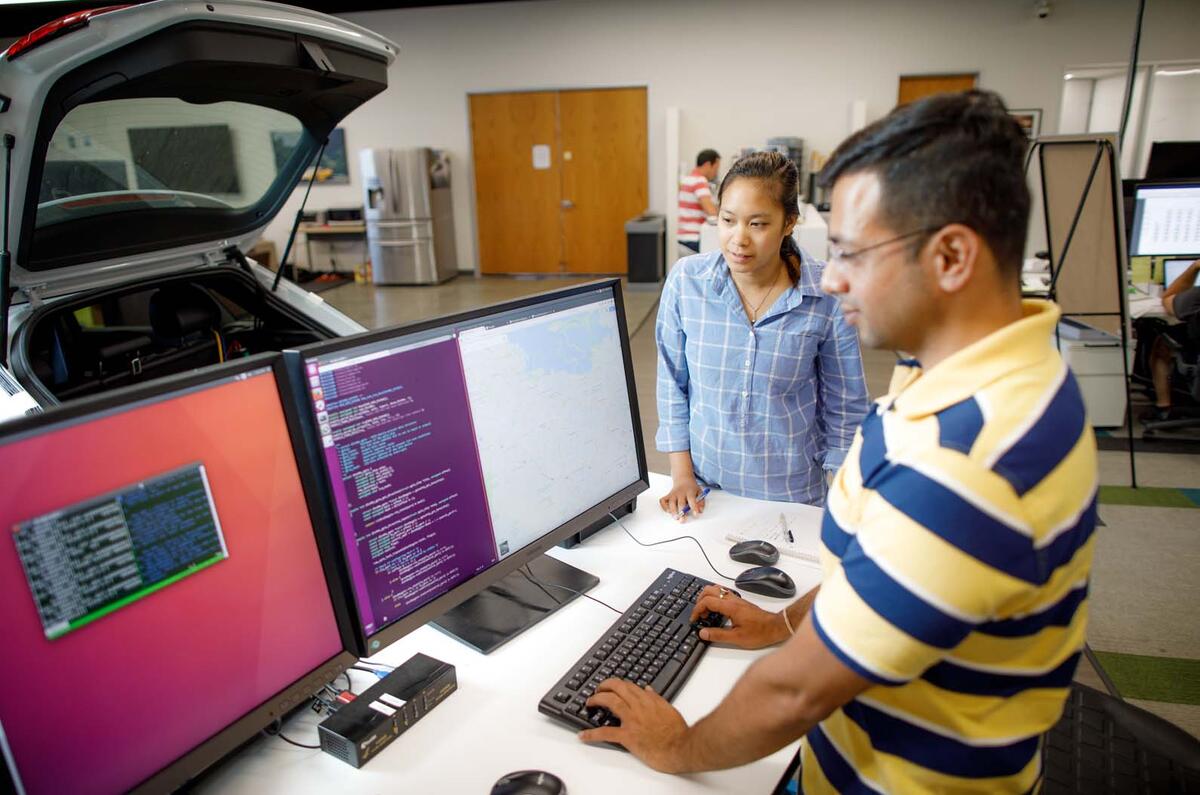

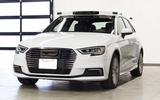






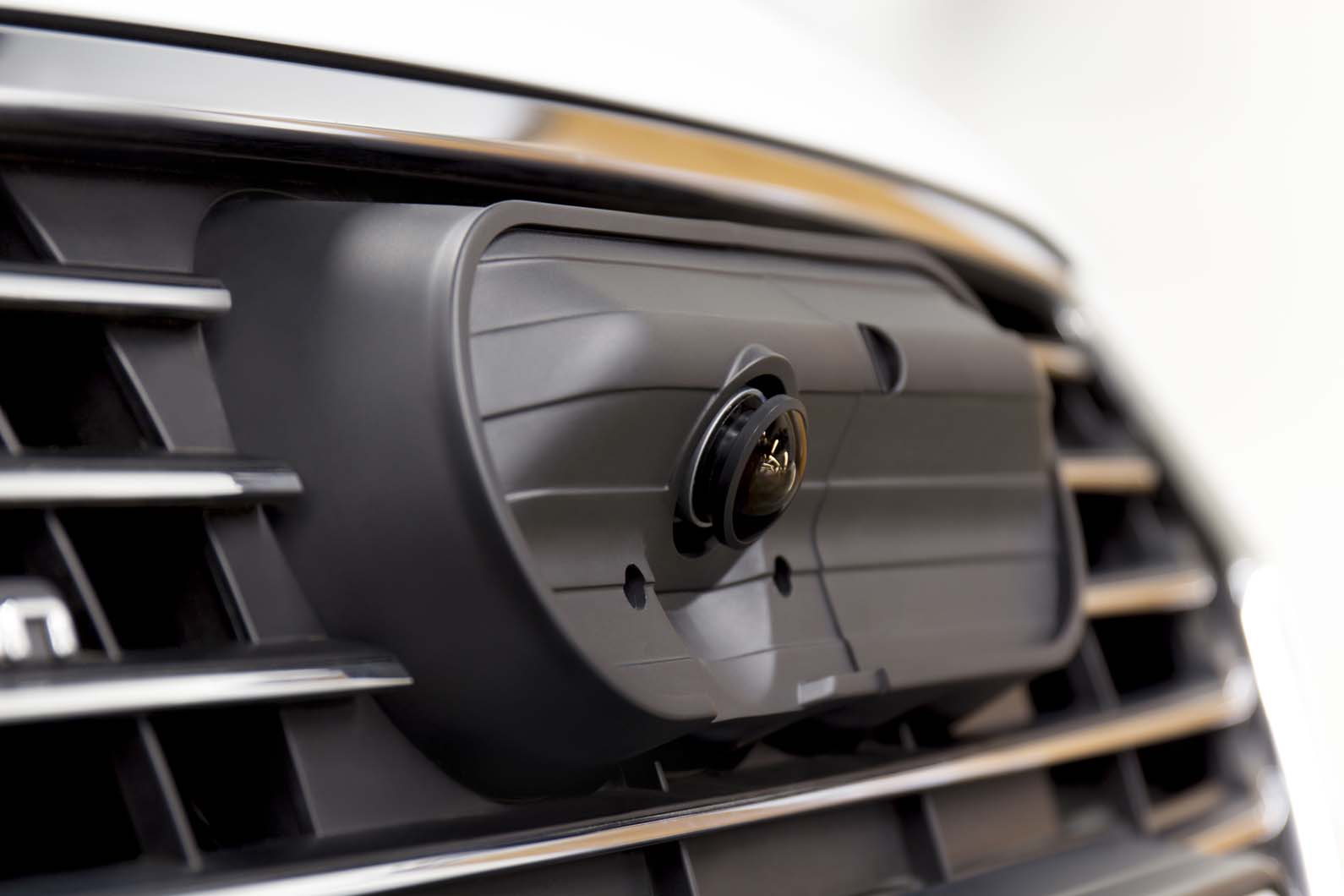








Join the debate
Add your comment
Technology for the lazy and stupid!
I know very few people who actually want autonomous cars. I guess these will cater for people who can't drive or those that are too lazy to drive (because they'd rather be taking photos of themselves to upload to Instagram).
What really is this 'growing
What really is this 'growing demand' for in-car technology?
Mercedes struggles to sell its numerous driver-assist options like lange change assist. They are more annoying than useful. And what sort of fool can't change lanes? If you can't lanes, you seriously shouldn't be on the road.
'Infotainment' systems tell you loads of useless information that is generally available for free on your mobile phone. Google Maps is absurdly better than any Sat Nav system I have come across.
'Cars are becomming mobile phones on four wheels'. An appalling idea if you actually like cars. But even if you like mobile phones, they are not even like good mobile phones, and will become dated quicker than a banana.
eseaton wrote:
The demand for autonomous cars is coming solely from the lefties who want to stop us driving, because it represents freedom of movement. Their dream is, under a momentum government we'd get in the autonomous car tell it where we want to go and it would sit there repeating the word "unauthorized" over and over again. The easiest way to subjugate the people is to end freedom of movement.
There has to be a limit...?!
Yes I think so, Cars nowadays just about have a pre Flight, Drive check before you set off!!